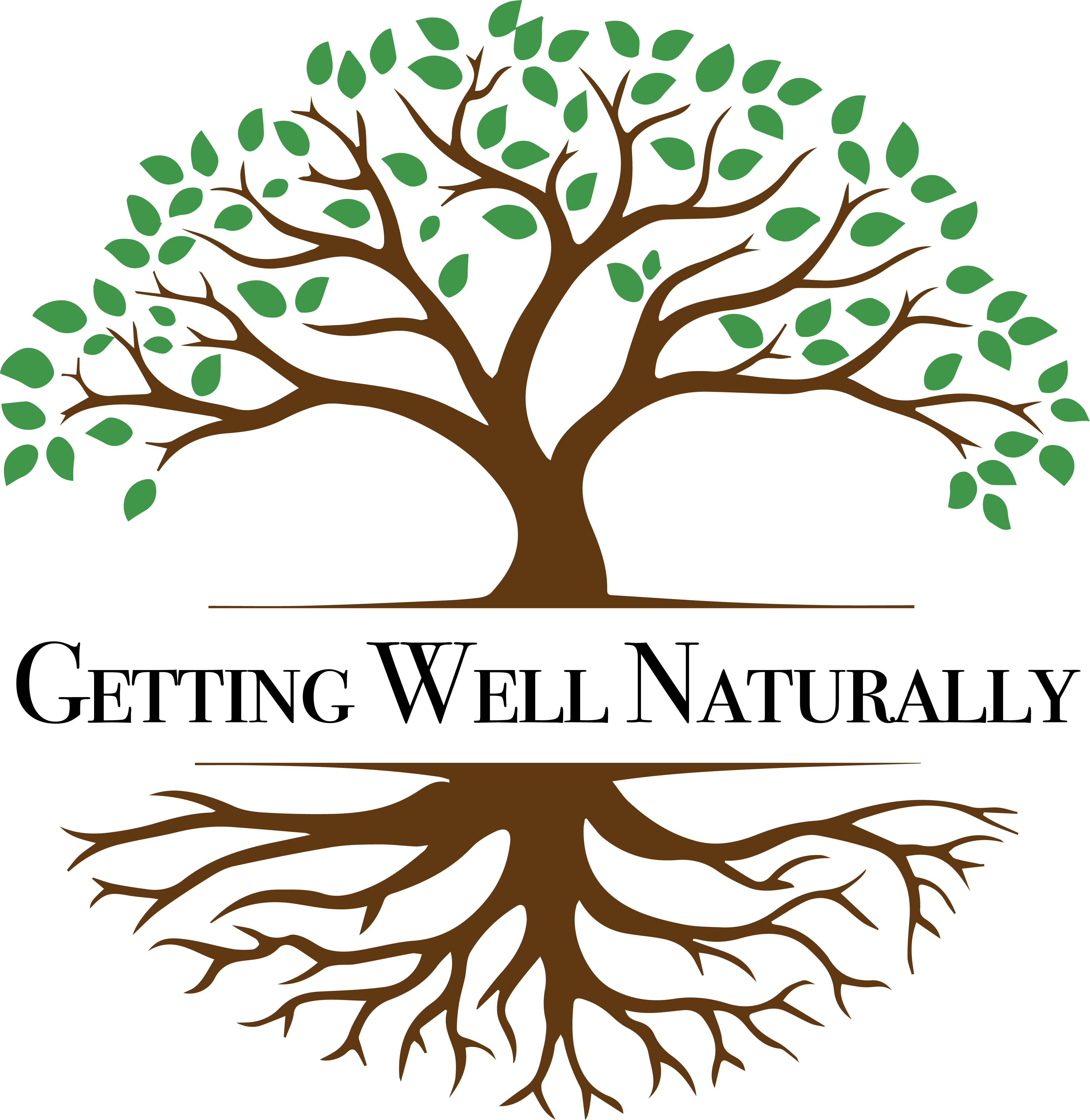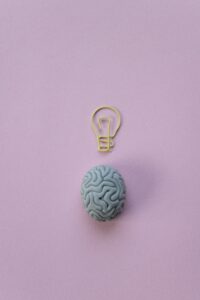Niacin, or vitamin B3, is a vitamin required for the metabolism to work at full speed and help the body prevent disease. It’s been found that, along with adequate doses of other essential nutrients and a healthy diet, niacin can prevent and even reverse many forms of mental illness, a variety of skin issues, cardiovascular disease, inflammatory conditions, and so much more.
What is Niacin?
Niacin is the scientific name for vitamin B3. It comes in different forms and can be known as nicotinic acid and nicotinamide.
Niacin is absorbed by the gut – in the stomach and small intestine. It’s then absorbed by tissues in the body and converted into nicotinamide adenine dinucleotide (NAD).
NAD is the form of niacin that can be used by the metabolism to convert potential energy from fats, carbohydrates, and proteins into adenosine triphosphate (ATP). ATP is the main source of energy for cells throughout the body. Essentially, niacin is responsible for keeping your cells energized and working properly.
What are the Benefits?
Niacin has many other functions aside from keeping your cells fed – its many forms have been also used to help treat and prevent cardiovascular disease.
It’s been proven that niacin supplementation is an effective way to balance cholesterol. Having a high concentration of bad cholesterol (LDL) in your arteries can cause plaque buildup and eventually lead to arterial and cardiovascular diseases. Niacin reduces the presence of LDL and increases the presence of good cholesterol (HDL).
It has also shown to be beneficial in prevention and reversal of:
- arthritis
- attention deficit hyperactivity disorder (ADHD)
- alcoholism
- Alzheimer’s
- cancer
- migraines
- multiple sclerosis
- nephritis
- post-traumatic stress disorder (PTSD)
- schizophrenia
Sources of Niacin
Niacin, or Vitamin B3, is not stored in the body, so it’s important to consume foods that contain it. According to the Harvard School of Public Health, the recommended dietary allowance for those over 19 years old is 14 mg for women and 16 mg for men.
Some great dietary sources of niacin include:
- poultry
- fish
- mushrooms
- peas
- potatoes
- chestnut
- melon
- brown rice
- pumpkin and sunflower seeds
Some amount of niacin is found in most foods, so it can be easy to get in the recommended amounts with a healthy diet. However, vitamin B3 can also be taken in pill form as a supplement. You can find these supplements at most health food stores.
“Flush” vs. “No Flush”
Some individuals experience what is known as a “flush” when starting niacin supplements. This happens because the small blood vessels underneath the skin enlarge, or dilate. Individuals may experience redness of the skin on the face, chest and arms, which is sometimes accompanied by burning, tingling or itching sensations. Although these symptoms may be uncomfortable, they’re usually not painful.
These “flush” symptoms occur while the body is adapting to the increase in niacin. These symptoms can often be reduced by starting with a small dose and increasing it over time, or taking it with food. Most people will naturally adapt to the niacin within a couple of weeks, but there are some cases where individuals do not.
This is where the use of “no flush” niacin supplements come in. These supplements are meant to provide some of the same benefits of regular niacin supplements without the flush symptoms. Although this seems like the perfect option, it may not be ideal for individuals wanting to balance cholesterol levels.
Although they may provide some of the same nutritional benefits, there is very limited research showing that “no flush” supplements are effective at reducing “bad” cholesterol and increasing “good” cholesterol. This is important to note if you’re wanting to take niacin supplements for cholesterol reasons.
Signs of Vitamin B3 Deficiency
Because niacin can be found in most foods, a deficiency of this vitamin is rare. However, there are certain groups that may be more at risk for vitamin B3 deficiency. These include:
- those with limited diets (impoverished and very ill individuals)
- those who suffer from chronic alcoholism
- individuals with carcinoid syndrome
A severe deficiency can lead to a condition called pellagra. Pellagra is characterized by discoloration of skin exposed to sunlight. Symptoms of pellagra include:
- vomiting
- diarrhea / constipation
- bright redness of tongue
- depression
- headaches
- fatigue
- memory loss
- hallucinations
To Sum it All Up
Niacin (vitamin B3) is an essential nutrient that keeps cells functioning and helps the body prevent disease. It’s also been shown to help treat and reverse certain diseases.
Niacin is great at balancing cholesterol levels, which is important for maintaining good cardiovascular health. Having a healthy diet is a great way to ensure that you’re getting the daily recommended amount.
Niacin deficiency is rare in the U.S., but can still affect certain groups or individuals. If you believe you’re showing signs of a severe niacin deficiency, contact a trusted healthcare provider.







